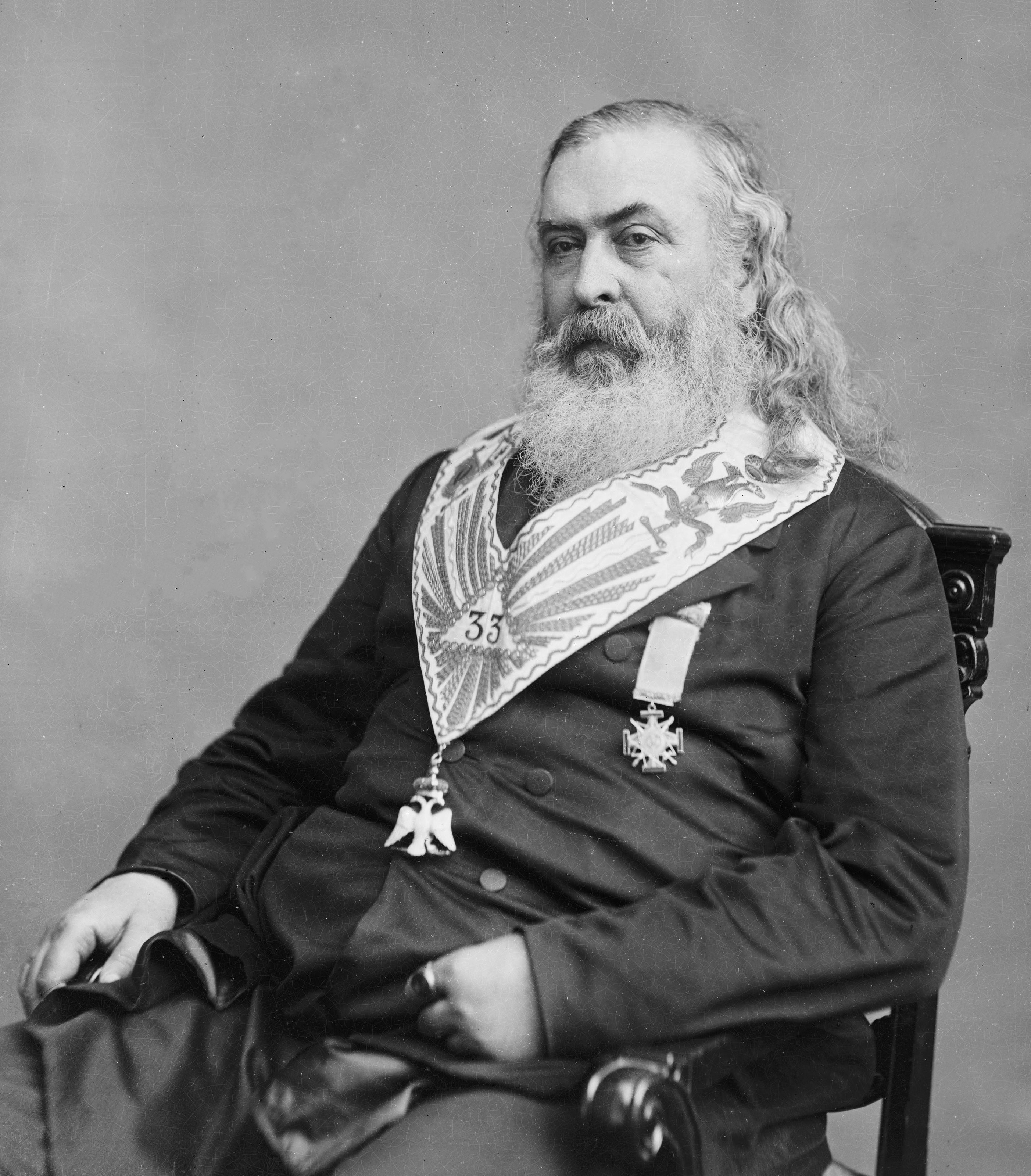Zdroj: Morals and Dogma of the Ancient and Accepted Scottish Rite of Freemasonry (1871), Ch. XIX : Grand Pontiff, p. 316
Kontext: That which we say and do, if its effects last not beyond our lives, is unimportant. That which shall live when we are dead, as part of the great body of law enacted by the dead, is the only act worth doing, the only Thought worth speaking. The desire to do something that shall benefit the world, when neither praise nor obloquy will reach us where we sleep soundly in the grave, is the noblest ambition entertained by man.
It is the ambition of a true and genuine Mason. Knowing the slow processes by which the Deity brings about great results, he does not expect to reap as well as sow, in a single lifetime. It is the inflexible fate and noblest destiny, with rare exceptions, of the great and good, to work, and let others reap the harvest of their labors. He who does good, only to be repaid in kind, or in thanks and gratitude, or in reputation and the world's praise, is like him who loans his money, that he may, after certain months, receive it back with interest. To be repaid for eminent services with slander, obloquy, or ridicule, or at best with stupid indifference or cold ingratitude, as it is common, so it is no misfortune, except to those who lack the wit to see or sense to appreciate the service, or the nobility of soul to thank and reward with eulogy, the benefactor of his kind. His influences live, and the great Future will obey; whether it recognize or disown the lawgiver.
